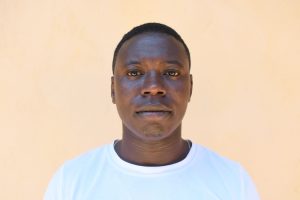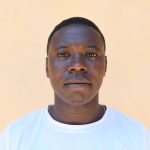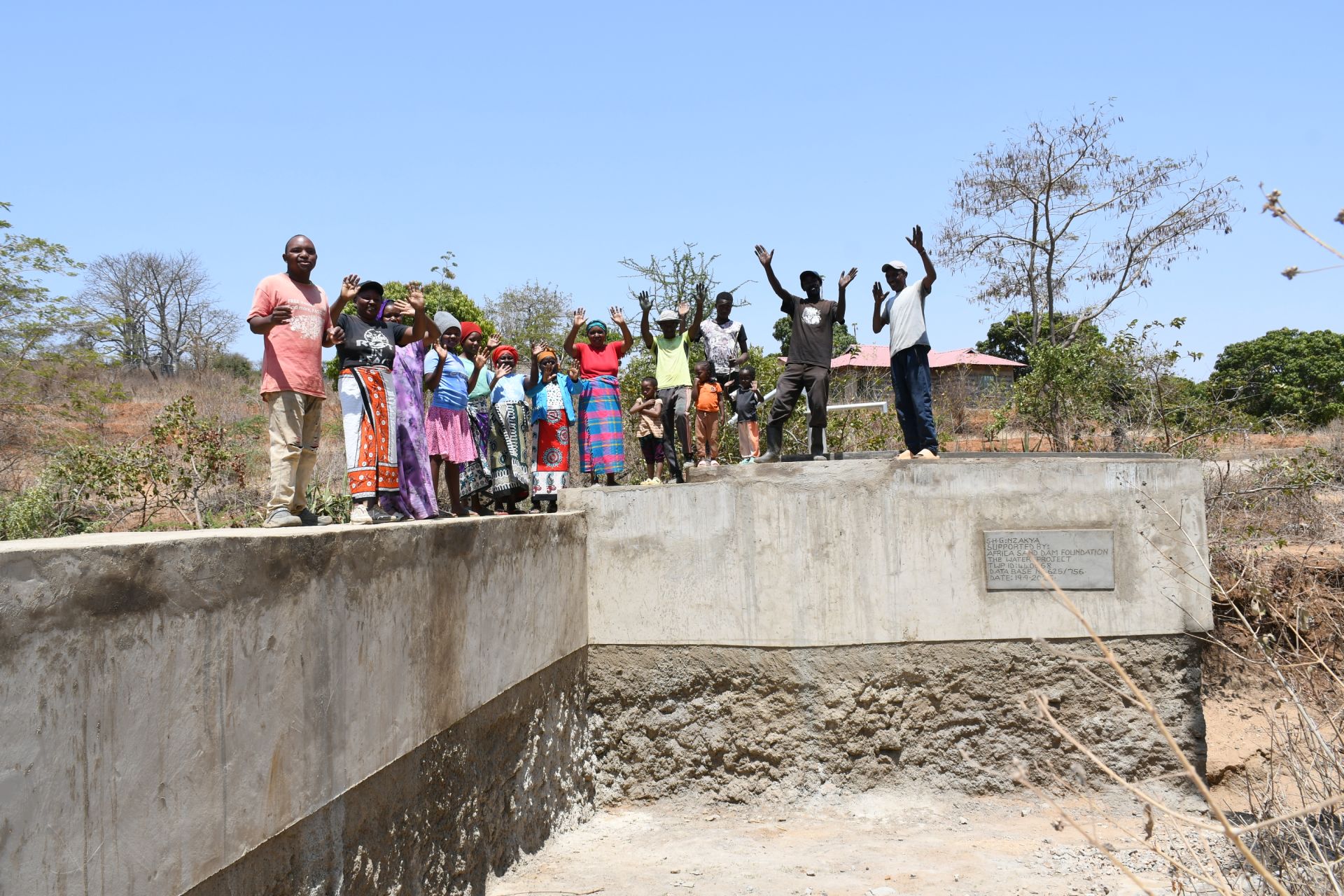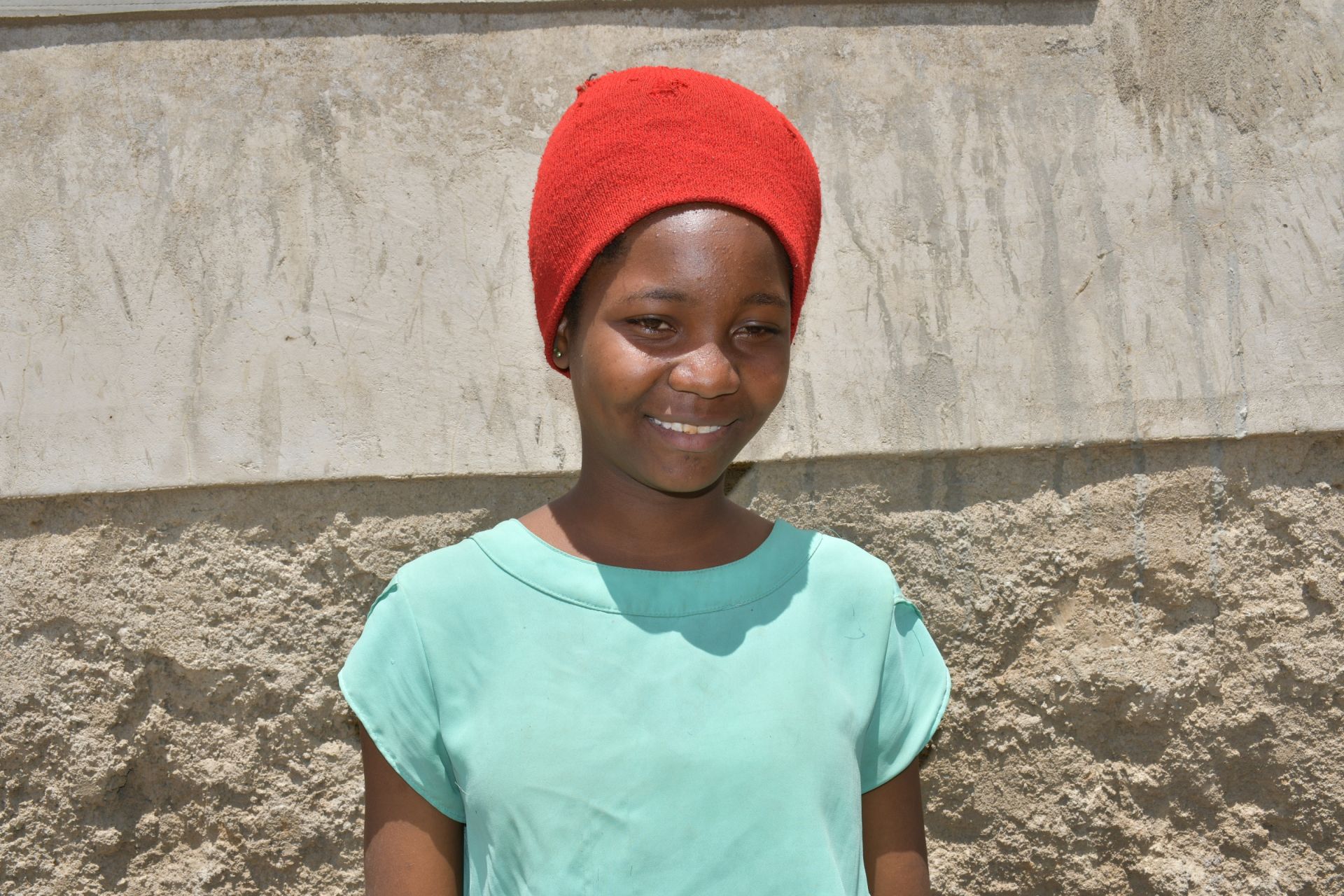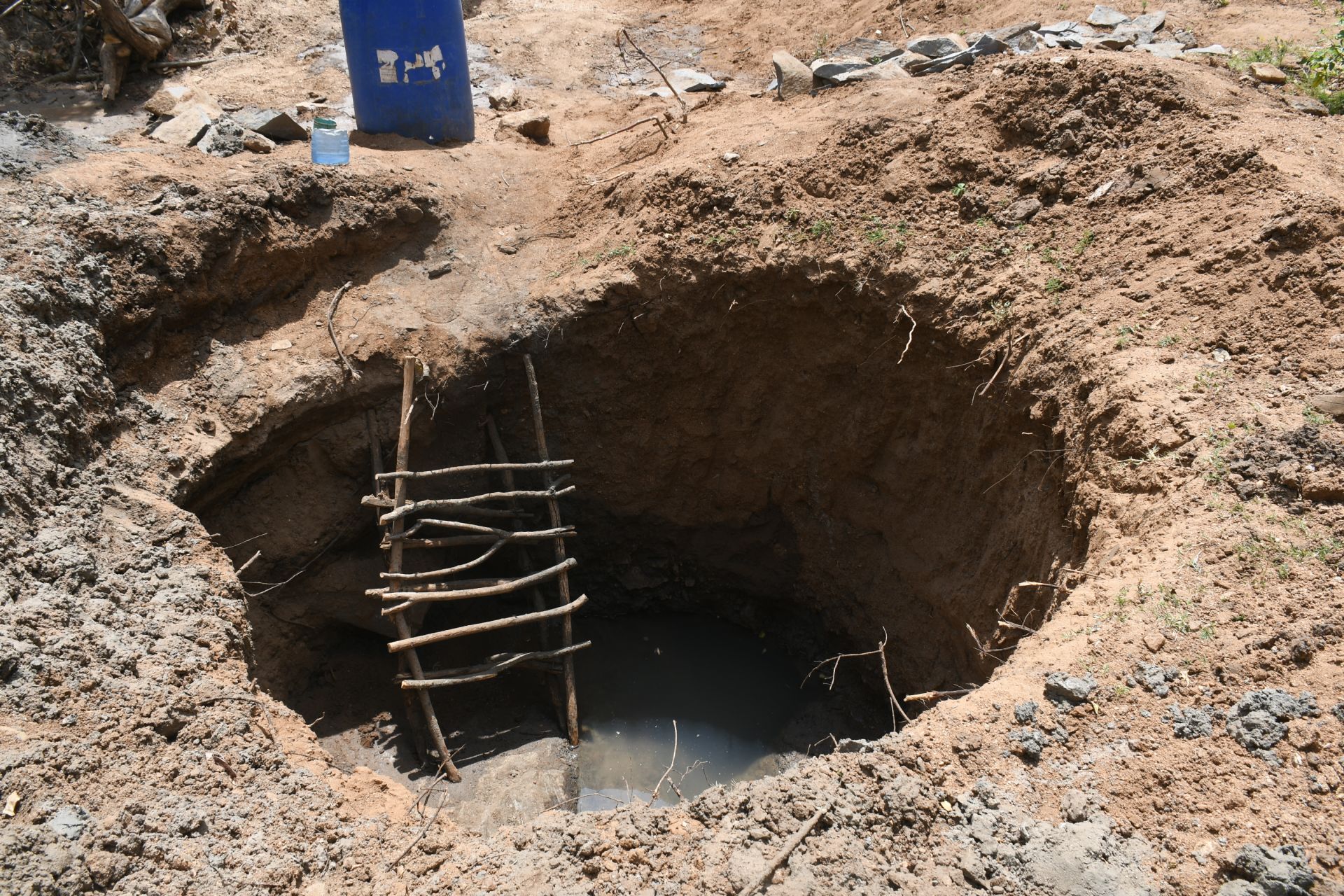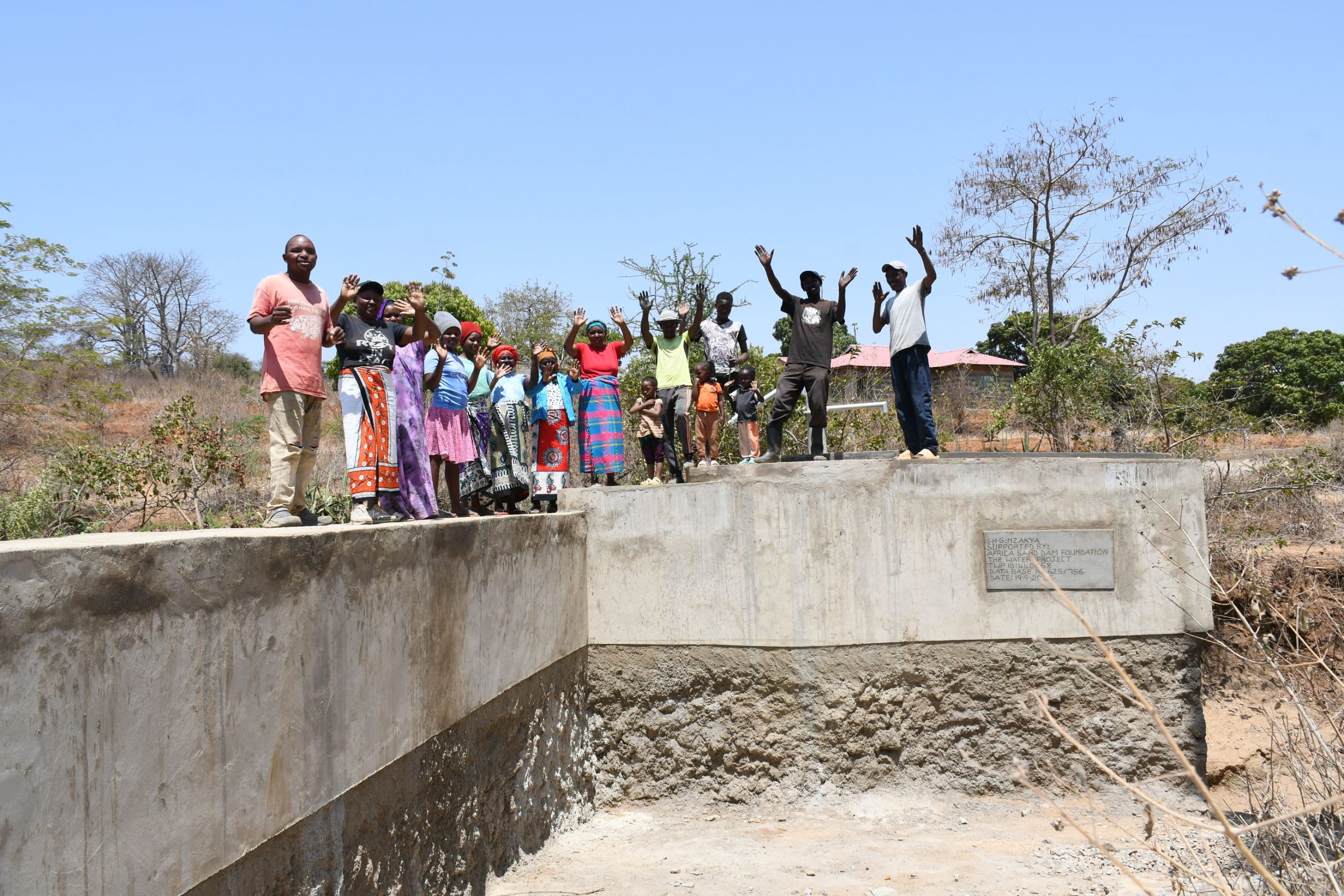In the Nzayka Community, 1,800 people use a scoop hole as their primary water source. They dig down deep into the sandy riverbed until they find water. The water makes them sick, impeding every other aspect of life, but they have no other alternative within a reasonable distance.

"The villagers, unaware of the long-term effects, still use this water for cooking and drinking. Over time, this led to a rise in waterborne diseases. Children are the most affected, suffering from frequent bouts of diarrhea, which weakens their immune systems and stunts their growth. Many children in this area miss school, and even others may opt to drop out as the urge to fetch water is ever-demanding. Parents are unable to fully attend their farms as most of their precious time is always dedicated to water collection," shared Field Officer Jefferson Mutie.
"Many describe recurring stomach issues, such as nausea and diarrhea, which they attribute to contaminants in the water. Some individuals mention skin irritations and rashes after bathing or consuming the water. Families often worry about the long-term effects of heavy metals, like lead and mercury, especially on their children's development and overall health. The concerns and complaints shared by the community underscore a pervasive anxiety about the safety and quality of their drinking water sources," Jefferson continued.
No matter where you are in the world, a parent's heart is the same. The fear of their children falling ill, watching their hope for the future slip away, wears heavily.
"I have an issue with water from the scoop hole, which is the [only] other option near my household. The water poses significant health concerns for both my family and me," shared 42-year-old Rachael Peter, a farmer and mother.

Rachael carrying water.
Water-related illnesses aren't the only way water scarcity affects the members of the Nzakya Community. Like Rachael, many are small-scale farmers who grow food to feed their families and sell at the market. They rely on this ability to farm to stave off starvation and create an income. Unfortunately, they can't properly care for their crops without enough water. And with all the time spent collecting water, it leaves little time to work their farms.
This water crisis is consuming Rachael's time, health, and income. Without accessible, clean water, she will stay stuck in this cycle. Worry will rule her life and hold back her potential.
"If I didn't have to spend so much of my day fetching water, I could focus on more productive activities that would benefit both my family and the community. I could work on my farm, planting and tending to crops that would provide us with food and extra income. I'd have time to start a small business, perhaps selling homemade goods at the local market," she added.
"I’d also be able to participate more actively in community projects and gatherings, helping to improve our village and strengthen our bonds with one another. And, with more time and less physical strain, I could focus on my health and well-being, spending quality moments with my family, and teaching my children important skills, and values," Rachael continued.
Implementing a well near Rachael will give her and her family access to clean water, which will have life-altering effects in the best way possible!
"Water is vital to me. It's the essence of life, and without it, nothing else functions. For my family and me, having access to clean water means good health, the ability to grow our food, and the freedom to pursue education and work without the constant worry of fetching water. Every drop we have access to is a step towards a better quality of life. Clean water ensures that my children can attend school regularly, our crops can thrive, and we can maintain proper hygiene, which is crucial for preventing diseases. Water is more than just a basic necessity; it is the foundation of our well-being and future," she concluded.

Rachael.
Solving the water crisis in this community will require a multifaceted system that will work together to create a sustainable water source that will serve this community for years to come.
Note: Our proposed water point can only serve 300 people per day. We are working with the community to identify other water solutions that will ensure everyone has access to safe and reliable drinking water.
Steps Toward a Solution
Our technical experts worked with the local community to identify the most effective solution to their water crisis. Together, they decided to construct a dug well and sand dam.
Dug Well Near A Sand Dam
Once a sand dam is installed and has time to mature by gathering sand and silt, groundwater increases significantly in the entire area surrounding the project. This provides a reliable source of groundwater that wasn't possible before. As a result, wells can be constructed to take advantage of the water stored and filtered in the collected sand.
During construction, we build a platform for the well and attach a hand pump. The community gains a safe, enclosed water source capable of providing approximately five gallons of water per minute.
This dug-well will be connected to a sand dam to obtain water.
Community Education & Ownership
Hygiene and sanitation training are integral to our water projects. Training is tailored to each community's specific needs and includes key topics such as proper water handling, improved hygiene practices, disease transmission prevention, and care of the new water point. Safe water and improved hygiene habits foster a healthier future for everyone in the community. Encouraged and supported by the guidance of our team, a water user committee representative of the community's diverse members assumes responsibility for maintaining the water point, often gathering fees to ensure its upkeep.

 Protected Dug Well
Protected Dug Well
 Rehabilitation Project
Rehabilitation Project










